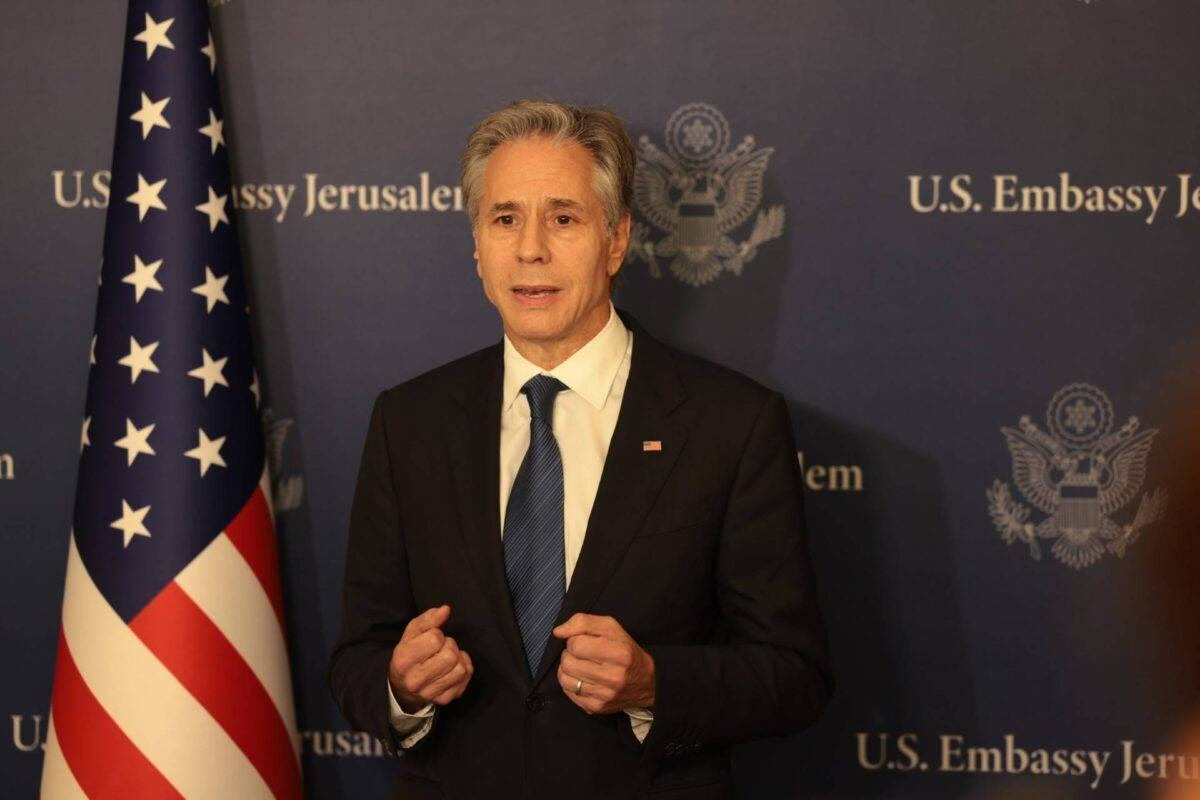On Super Tuesday, President Joe Biden and former President Donald Trump are on track to secure significant wins in their respective party nominations, gearing up for a potential historic rematch. Despite polls indicating a desire for a different election narrative in 2024, both candidates have easily navigated early campaign challenges and remain dominant in their bids. Super Tuesday’s 16-state and one-territory elections mark a crucial milestone in the primary campaign, offering the largest delegate haul for both parties.
While California voters are selecting candidates for Dianne Feinstein’s Senate seat, and North Carolina shapes its gubernatorial race, the primary focus is on Biden and Trump. The uniqueness of this campaign season was highlighted by both candidates holding events along the US-Mexico border last week, emphasizing the contentious immigration debate.
Trump, recently restored to primary ballots by the Supreme Court, accused Biden of weaponizing the courts and urged him to fight his battles independently. Biden, delivering the State of the Union address, emphasized achievements like job creation and economic strength while contrasting them with Trump’s policies.
Meanwhile, Trump faces his last significant Republican challenger, Nikki Haley, who continues to campaign across Super Tuesday states. While Haley acknowledges Trump’s base, she argues for a different choice, emphasizing her own support and raising concerns about a race featuring two candidates in their 80s.
Biden’s challenges include low approval ratings and concerns about his age. Despite winning the Michigan primary, an “uncommitted” campaign surfaced in protest against Biden’s handling of Israel’s conflict with Gaza. The reelection campaign expects skeptics to rally once the choice becomes clear between Biden and Trump in November.
As Super Tuesday unfolds, both candidates aim to solidify their positions, setting the stage for a potentially historic rematch that some voters find less than ideal.



